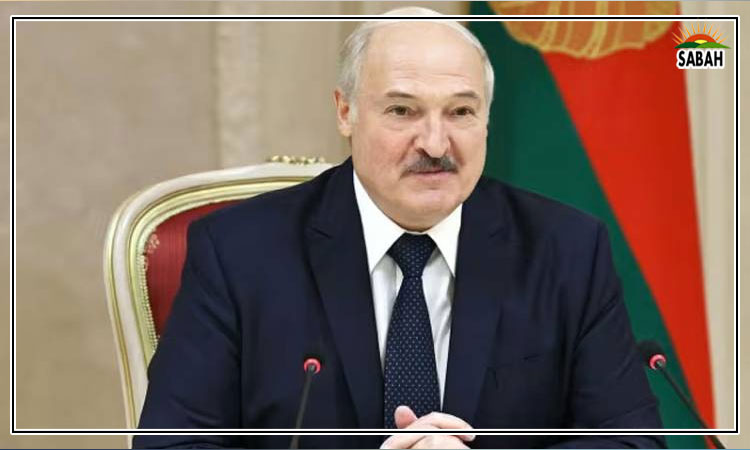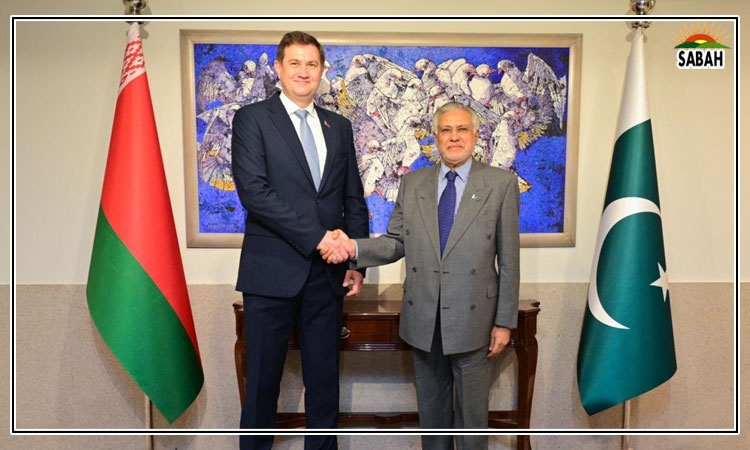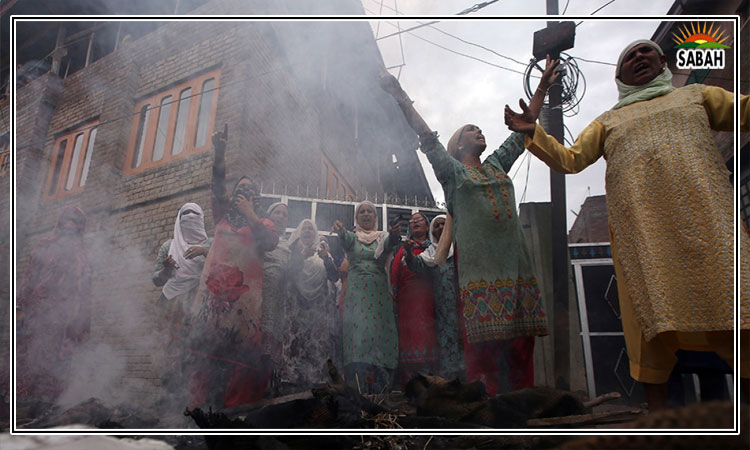WB expresses satisfaction over the encouraging turnaround & implementation of Punjab Human Capital Investment Project
ISLAMABAD, Jan 16 (SABAH): World Bank has expressed satisfaction over the encouraging turnaround and implementation of Punjab Human Capital Investment Project during last six months. Punjab Government and World Bank teams have agreed on revised targets to be achieved by the closing of date of the project 27th June 2024.
According to the performance review paper of the World Bank, number or percentage of pregnant women, among CCT beneficiaries, who delivered a child attended by skilled health personnel from 50.90 percent to 65 percent by 27th June 2025. Children between the ages of 12 and 23 months, among CCT beneficiaries, fully immunized as per the age specific protocol 66.97 percent to 75 percent.
Economic inclusion beneficiaries who reported an overall income increase due to asset support i.e female to be increased from 39 percent to 70 percent. Regular Basic Health Units that are to be upgraded to 24/7 from 383 to 392 in the province. Share of 24/7 BHUs that implement electronic medical records (EMR) to be enhanced from 80 percent to 100 percent. People who have received essential health, nutrition, and population (HNP) services to be increased from 4.5 million to 1.27 billion by the end of the project. Number of households that are enrolled in economic inclusion program to be increased from 51,960 to 100,000 by the end of the project. Number of schools with ECE classrooms that meet the Quality Standards prescribed in the Punjab ECE Policy 2017 to be from existing 600 to 3,400 by the end of the project.
World Bank has noted that despite initial delays owing to repeated COVID lockdowns since the Project’s effectiveness in May 2020, an encouraging turnaround is noted from the beginning of 2023. In the last six months, the Government of Punjab took key decisions in streamlining the Project’s governance and decision making structure, coupled with rigorous follow up on Project’s physical and financial targets.
A revised Project PC-1 has been approved, and important procurements, such as hiring of the ERP firm have been completed. The contract with OR firm is also operationalized, and the firm has begun work in the field. Additional key procurements are also at an advanced stage. Under the Health component, 140 regular Basic Health Unit were upgraded to 24/7 BHUs; 100% of 24/7 BHUs have implemented electronic medical records (EMR); and 5,229,012 people were provided with essential health, nutrition, and population (HNP) services. 93% of CCT beneficiary women were satisfied with health services provided.
Under the Social Protection component, Beneficiary enrollment of CCT has increased to 229,580, and the upgradation of payment system has significantly improved the number of beneficiaries accounts opened and subsequent cash disbursement. Under the Economic Inclusion component, 51,960 households have been enrolled, and assets have been transferred to over 24,000 beneficiaries.
Under the Education component, minor civil works have been completed at all 3400 project schools and delivery of age-appropriate furniture has begun. Key activities requiring expeditious actions and regular monitoring include: priority implementation of social mobilization; rollout of updated payment service provider SOPs; roll out of Economic Inclusion package-3 to the remaining equipment. Project beneficiaries; and swift completion of pipeline procurements related to school furniture, books and healthcare.












